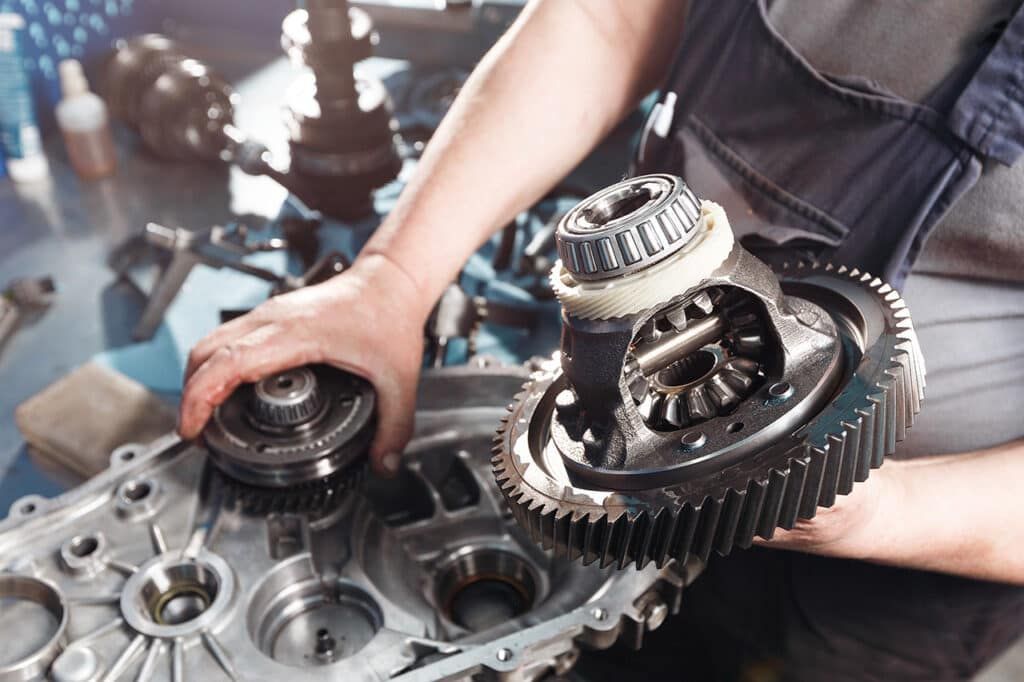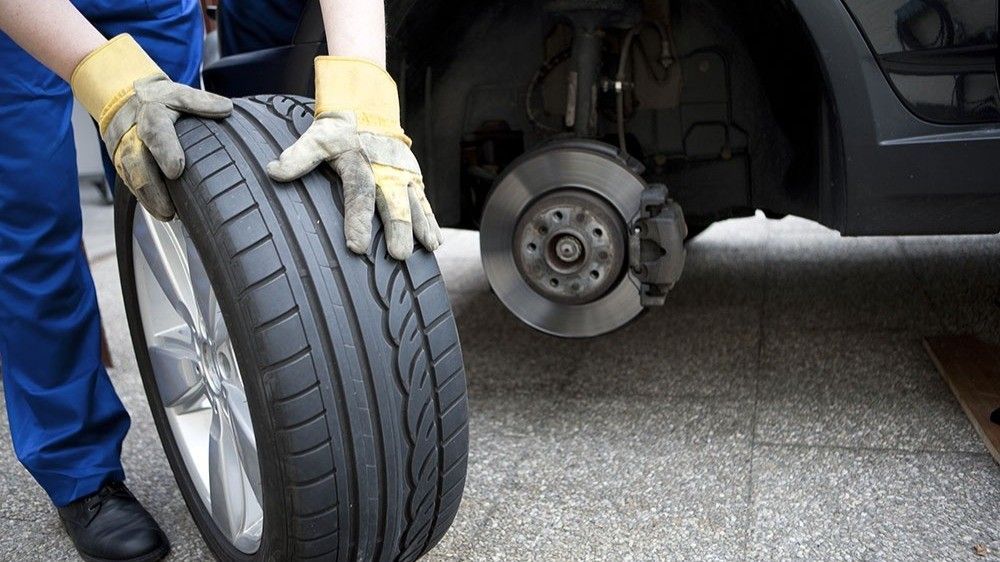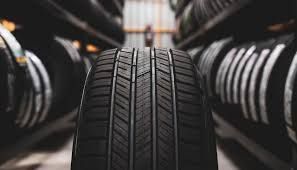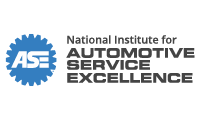10 Warning Signs of Transmission Problems

10 Warning Signs of Transmission Problems
Your vehicle’s transmission is one of the most critical components in ensuring your car functions properly. While the engine generates power, the transmission takes that power and makes it usable for your vehicle. Without a functioning transmission, your car simply won’t drive, and repairing or replacing a transmission can be costly. That’s why it’s essential to recognize early signs of transmission issues. Here are 10 warning signs to watch out for:
Burning Smell
A burning smell is never a good sign. If you detect a burning odor while driving, your transmission may be overheating, or the transmission fluid could be old and burning. Either way, this is a sign you need to visit an auto shop immediately for a transmission repair or service.
Difficulty Switching Gears
If your car is struggling to switch gears, it could be a sign of transmission problems. Low transmission fluid or using the wrong type of fluid can make it difficult for your vehicle to change gears. If this happens, you should have your transmission fluid checked as soon as possible with our Auto Maintenance Services.
Strange Noises
Unusual noises such as clunking, whining, or grinding sounds can be an early indicator of transmission trouble. These sounds could suggest that your transmission is failing or has worn internal components. Don’t ignore these noises—bring your vehicle in for a Transmission Service.
Slipping Gears
If your car unexpectedly slips in and out of gear, it can be both frightening and dangerous. Low transmission fluid, worn transmission bands or other internal components could be the cause of this problem. If your vehicle starts slipping gears, head to an auto shop immediately to prevent a dangerous situation with our Transmission Services.
Fluid Leaks
Red fluid under your car is typically transmission fluid, and a leak is an early sign of trouble. While this issue may seem minor at first, ignoring a transmission fluid leak can lead to bigger problems down the road. Address the leak early by visiting us for Auto Maintenance Services to avoid further damage.
Check Engine Light
Your check engine light can indicate a variety of issues, including transmission problems. If your vehicle’s sensors detect an issue with the transmission, the check engine light may turn on. Don’t ignore it—bring your car in for Engine Diagnostics and Performance to identify the issue.
Shaking While Switching Gears
Smooth gear changes are a sign of a healthy transmission. If your car shakes or jerks when switching gears, there is likely an issue with the transmission that needs to be addressed right away. Get it checked with our Transmission Services.
No Response When Shifting Gears
If you shift from park to drive and your car doesn’t respond, this could signal a transmission problem. A delay in gear engagement is a warning sign that you should have your vehicle checked out with our Transmission Services.
Humming Noises
A humming noise coming from your vehicle can be another indicator of transmission trouble. If you hear humming, whining, or buzzing, and it persists, it’s time to take your car to Team Ryan Automotive for an inspection.
Clutch Drag (Manual Transmission)
For those with a manual transmission, clutch drag is a sign of a problem. If the clutch fails to disengage the clutch disk from the flywheel, it can lead to gear grinding and make driving difficult. Have your clutch inspected with our Transmission Services.
Get Your Transmission Inspected Today
If you notice any of these signs, don’t delay—bring your car toTeam Ryan Automotive for a thorough inspection. Addressing transmission problems early can save you from costly repairs down the road.
Schedule an appointment online today to keep your vehicle running smoothly.
1. Improves Gas Mileage
Let’s face it: gas is expensive. At Team Ryan Automotive, we do everything we can to save you money at the pump. One easy way to improve your gas mileage is by regularly changing your oil.
Old oil creates friction in your engine, which makes your car work harder and burn more fuel. By keeping up with your oil change service, your engine will run more efficiently, and you’ll find yourself filling up your tank less often.
2. Extends Engine Life
Imagine this scenario: you start your car, and as you’re about to leave your driveway, that dreaded change oil light appears on your dashboard. Annoying, right? But let’s look at it differently—wouldn’t you rather see that light than the check engine light?
Regular oil changes help preserve your engine’s health. When your oil is changed frequently, it prevents major engine problems that could lead to costly repairs. In short, oil changes are much cheaper than dealing with engine repairs.
3. Helps the Environment
We all want to do our part to protect the environment for future generations. At Team Ryan Automotive, we aim to be as green as possible by encouraging responsible vehicle maintenance.
Fresh oil burns cleaner than old oil, reducing harmful exhaust emissions. This means that by keeping up with your oil changes, you’re not only passing your emissions test but also reducing your vehicle's impact on the environment.
Schedule Your Oil Change Today
At
Team Ryan Automotive, we want to empower you to make the best decisions for your car and your budget. If your car needs an oil change, be proactive and schedule your service today!
Schedule online.










